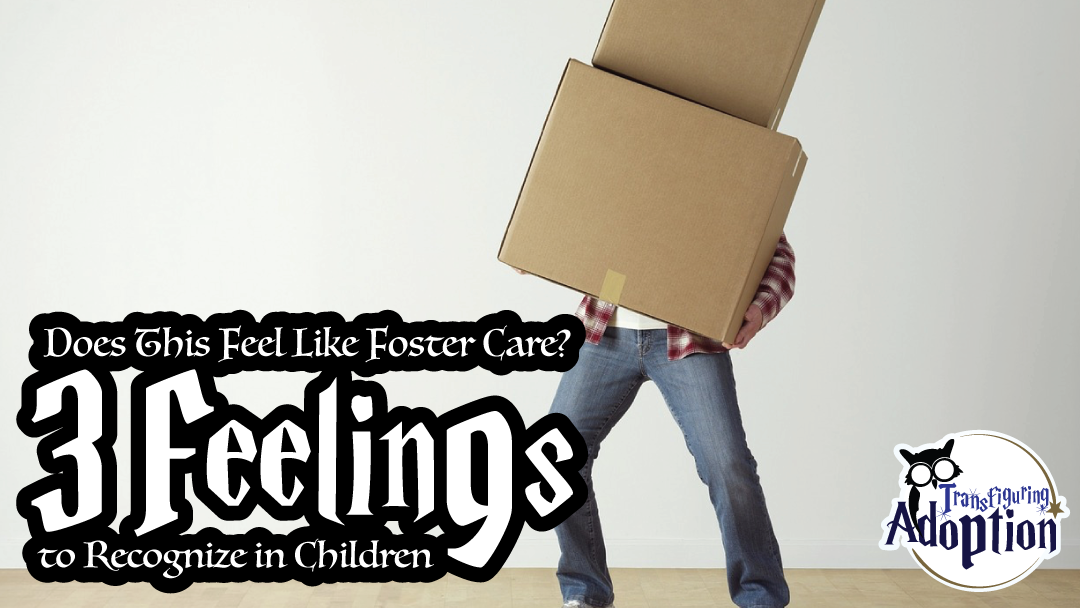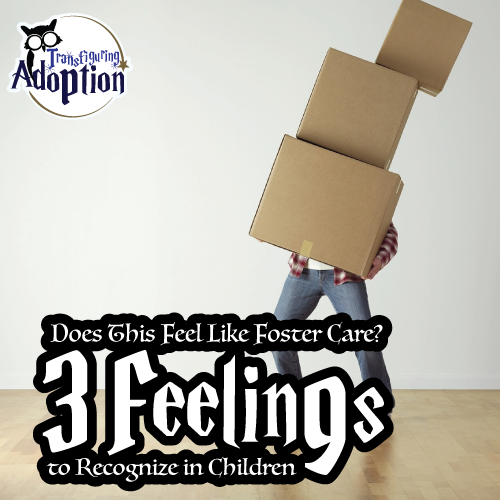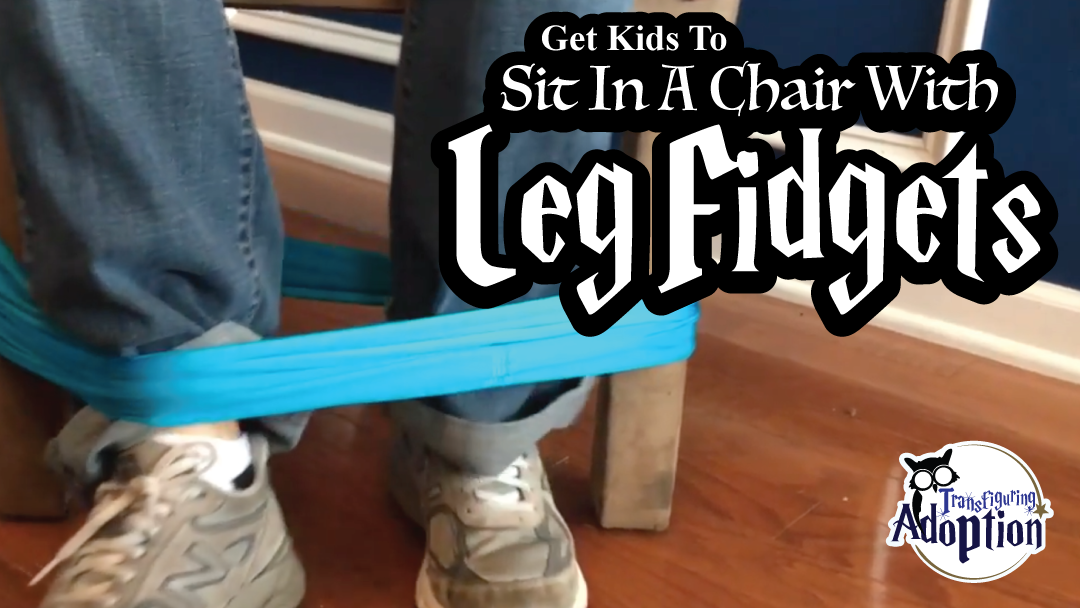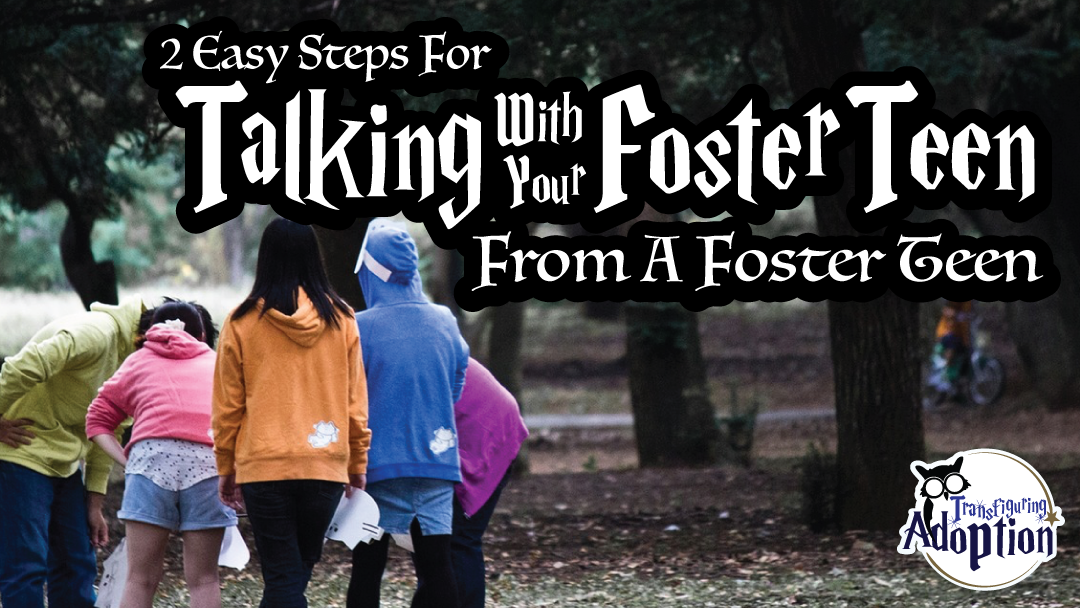Simple Item to Forget – Significant Lesson to Learn
It started with a computer cord, or should I say a lack thereof. It was one of those “ah-ha” moments. Our family was in a crazy time of flux for the last several months. It started in mid-February when, for a complex set of many reasons, we decided to move our family to the Orlando, Florida, area. We started purging. We started packing things we did not need. We listed our house. Thirty-two days later we accepted an offer. The contract set a closing date of thirty days later.
So that brings me to my current situation (May 21). For the last month, we have stayed in a tiny “furnished” two-bedroom apartment in Tennessee. We were able to close on our Florida house the first week of May (a week and a half after our Tennessee house sold) and moved many belongings in, but we’ve been taking turns traveling back and forth so the kids could finish school. Darren left today with our second oldest son for their final trip down to Florida. I stayed for the younger two to finish up some end of the year school activities. When I packed to come back to Tennessee, I put my computer cord with all the stuff I was packing in the car…the stuff I needed to use during my little stint back in Tennessee. Somehow my computer cord did not make it into the car, and I only noticed when I was in Tennessee and needed my cord. I asked Darren if my computer cord was where I thought I left it in our house in Florida. Sure enough it was. And I have a lot to do, but most everything I need to do requires my computer, or rather it is stuff I cannot stand doing on my phone because it takes significantly more time. I long for all of my belongings in one place. I long for “home,” wherever that is right now. I want permanency. I want to be with all my family in one place to stay. I am uncomfortable.
- Sunday night (May 21):
I hear my little man sobbing in the next room. “What’s the prob Bob?” I ask. “I miss Daddy!” eeks out between sobs. This morning he said goodbye to his grandparents, who won’t see him graduate on Wednesday, whom he will not see again until August. This afternoon he said goodbye to his dad and big brother for three days, torn between two homes. - Monday morning (May 22):
I don’t have what I need. I fall asleep I think from utter emotional exhaustion..that mixed with the probably not so deep sleep I am getting in our little temporary apartment. - Tuesday (May 23):
I promised my girl I would do her hair for her eighth grade party/dance. I realized all my styling products are in Florida. I cannot do all I want to do for my child. I don’t have what I need. - Tuesday night:
I’m sitting in the coffee shop writing this, and a child, maybe around ten or twelve asks his adults, “Can we go home?” He’s visibly uncomfortable in this place full of grown ups socializing, studying, working, and drinking fancy caffeinated beverages.
The last couple months I marveled that I was uncomfortable in this situation as a nomad with no real home for a couple months, a temporary inconvenience with an exciting, hopeful end. But half a million kids around our country are feeling discomfort and longing for home, only they do not have an exciting, hopeful end in the near future. Their lives are filled with maybes and incompleteness, brokenness and uncertainty.
Uncomfortable times of longing for home give us but a glimpse into the world of children who have been removed from their homes and families, their friends and toys, their schools and neighborhoods, their culture and everything familiar. My world has not been shattered as theirs has. They are not looking forward to a home with their family in a new state in a very fun-filled and beautiful part of the U.S. Kids in care just long for home. It does not matter what it is like or where it is. It is the people and places they know. It is where they find comfort in knowing and being known. They are thrust into the unknown and uncomfortable and drug through a process that most adults struggle to fully comprehend, a process that makes them miss out on so many special days in the comfort of their own home. They live with strangers and do not know when their time of longing for home will end.
Children in a new home will be feeling:
- Frustration
Children in the system and newly adopted children will be frustrated for many reasons. It’s our job to understand that the frustrations will exist and try to help them express it in healthy ways. - Exhaustion
Experiencing change, frustration and an uncomfortable setting every hour of every minute of the day is just plain exhausting. It’s important to have low key activities with a new child in your home – no visitors, no grandparents. Movie night can be useful as it allows everyone to stick together in the same room but allows an exhausted mind to be carried into someone else’s story and takes little effort on the child’s part to participate. - Discomfort
Children in a new home will be experiencing a great deal of discomfort. They are in an unfamiliar setting with unfamiliar people. They likely had to leave behind favorite belongings. People likely have different expectations of them, and they are not sure what to do or how to behave.
It is our job as caregivers to recognize these feelings, to help them talk about and understand their feelings, and to validate those feelings and let them know those feelings are normal and okay in their situation. Check out the Discussion Panel [“Welcoming a New Child Into Your Home”] and the blog “6 Ways to Make a Home Welcoming for Foster and Adoptive Children” for tips on how to do this well.




